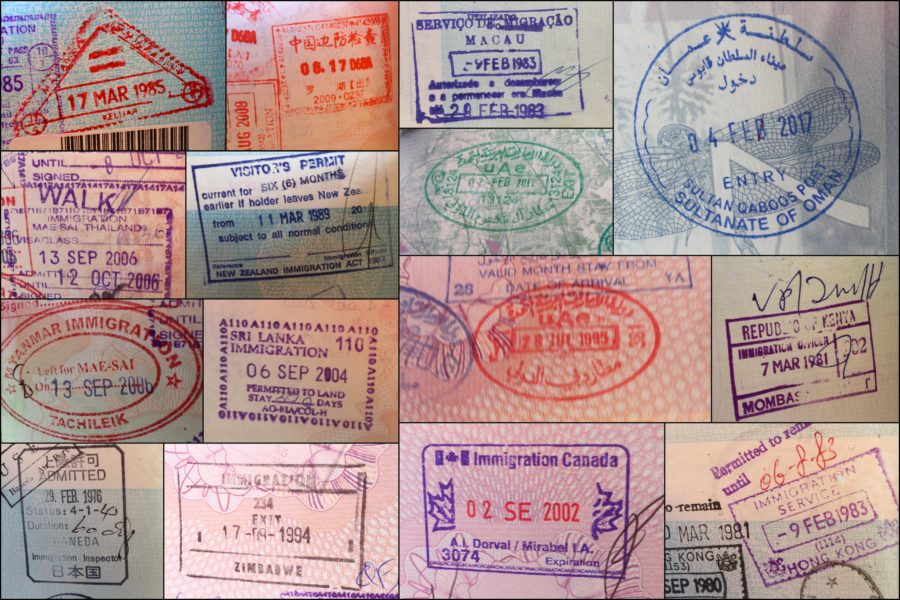The corners of this continent might be leaving the EU’s doors open to criminals and the corrupt who wish to escape justice. Golden visas and the selling of EU citizenship, as the Guardian recently uncovered, points to several cases where these schemes are open to abuse.
The Guardian reports that in Cyprus, a Syrian businessman, who’s also the cousin of Bashar al-Assad and under US sanctions, as well as Russian oligarchs have been granted Cypriot citizenship in exchange for cash investments. Further west, relatives of an Angolan politician accused of bribery and a Brazilian tycoon implicated in the Lava Jato, or “carwash” corruption scandal were among applicants for golden visas in Portugal.
These schemes leave the potential for the corrupt to reap what they stole with impunity on European shores. Golden visas schemes are attractive to criminal in many ways. They allow laundering large amounts of money at once while providing free access to Europe.
Portugal’s “golden resident permit” programme requires investors to place €500,000 in property in exchange for permanent residency. After five years, residency can be converted to citizenship, granting investors the right to live and work throughout Europe under EU rules.
By their nature, golden visa schemes are high-risk instruments. First, the scheme usually involves a significant transaction between the state and the individual. The transaction sometimes even involves opaque structures playing the role of intermediaries as is the case for the Hungarian residency bond programme.
Secondly, the practice shows that the demand for golden visas tends to be higher from countries – especially China and Russia – with significant outward illicit financial flows or corruption-related political instability. The Guardian reports that in Portugal, 66% of the “golden visas” issued since 2012 have been to Chinese applicants, despite it being illegal in China to transfer more than $50,000 out of the country in a single year.
The process of granting visas itself might also be tainted with corruption. Portugal’s golden visa scheme was at the centre of a corruption scandal. In 2014 police arrested 11 people as part of Operation Labyrinth, an investigation into allegations that foreigners had been granted golden visas in exchange for bribes. In 2016, the murdered investigative journalist Daphne Caruana Galizia had pointed at alleged irregularities in the process of granting Maltese citizenship to Middle Eastern applicants through the country’s Individual Investor Programme. The allegations range from a total lack of transparency around the process to possible corruption involving a man closely affiliated with Maltese high-ranking officials and the use of shell companies.
This is a European issue that requires an EU-wide response. The success of these programmes undoubtedly relies on Member States’ ability to lawfully offer free access to the EU’s Schengen Area. This is even explicitly used as a selling point by the business ecosystem which is developing around those programmes. While increasing foreign investment in key economic sectors can be seen as a perfectly legitimate policy objective, the price to pay for Europe could be too high if nothing is being done to prevent corrupt individuals from entering the EU. Its very security is at stake.
The EU must take measures to avoid golden visas and citizenship becoming an open gateway for corrupt money and people. Member States should be urged to take appropriate measures to make their golden visa granting process transparent and in accordance with basic accountability and integrity standards. Member States should perform thorough anti-money laundering checks on golden visa applicants and identify the origins of the funds. The current revision process of EU anti-money laundering rules offers a perfect opportunity to harmonise these practices across Member States. It should not be wasted, leaving Europe’s door open to the corrupt.




